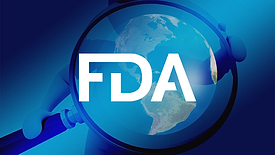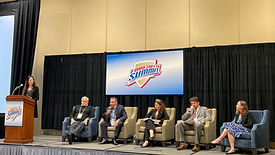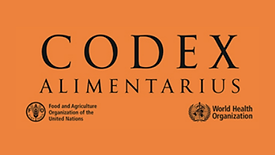Recall/Crisis Management
Recall Regulatory Partners' Efforts to Improve Integration Expands Nationwide
The 2022 Recall Integration Partnership Project expanded upon critical state and federal partnerships to improve response capabilities during recall events
April 7, 2023
Recent Outbreaks of Listeriosis Linked to Fresh, Soft Queso Fresco-Type Cheeses in the U.S.
Since 2000, outbreaks have been attributed to fresh, soft Queso Fresco-type cheeses made from pasteurized milk, which have been contaminated by L. monocytogenes after pasteurization
Evelyn Pereira M.P.H.
Cerisé Hardy M.P.H.
Melinda Hayman Ph.D.
Amanda Conrad M.P.H.
Alexandra Palacios M.P.H.
Stelios Viazis Ph.D.
February 6, 2023
Never miss the latest news and trends driving the food safety industry
eNewsletter | Website | eMagazine
JOIN TODAY!Copyright ©2024. All Rights Reserved BNP Media.
Design, CMS, Hosting & Web Development :: ePublishing










